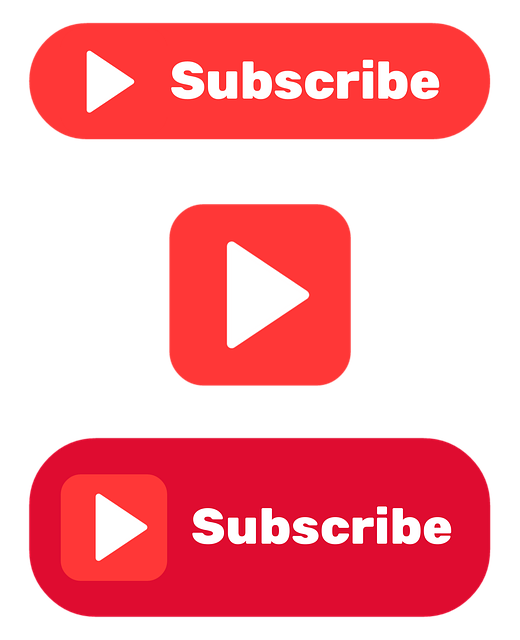Video compression technology has evolved rapidly, driven by advancements and the need for easily shareable high-quality content. Formats like DivX and MP4 offer unique benefits: DivX for efficient compression, and MP4 for wide device compatibility, making convert DivX to MP4 convenient. Modern codecs like H.265 (HEVC) further enhance compression without sacrificing quality, enabling seamless streaming and downloading of high-definition videos. In today's digital age, converting from DivX to MP4 is a game-changer, offering efficient storage solutions while preserving excellent video quality for hassle-free sharing across various devices and platforms.
Revolutionary video compression technology is transforming the way we consume and share media. In this article, we explore “Understanding Video Compression: The Current Landscape,” introducing a game-changer—the DivX to MP4 conversion process. We delve into the benefits and impact, highlighting how this format enhances accessibility and quality. Discover how this innovative approach is revolutionizing digital entertainment by optimizing video files without compromising on experience, making it easier for users to enjoy high-quality content seamlessly.
Understanding Video Compression: The Current Landscape

Video compression has evolved significantly over the years, driven by advancements in technology and the ever-growing demand for high-quality video content that can be easily shared and stored. Today, we see a bustling landscape of formats and codecs, each with its strengths and weaknesses. The most common formats include DivX, known for its efficient compression capabilities, and MP4, which is widely supported across devices and platforms, making it convenient for users to convert DivX to MP4 for seamless playback.
The current state of video compression involves intricate algorithms that analyze and reduce video data without compromising visual quality too much. Modern codecs like H.265 (HEVC) offer substantial improvements in compression efficiency over older standards, resulting in smaller file sizes while maintaining sharp visuals. This has revolutionized the way we consume media, enabling high-definition videos to be streamed and downloaded with ease, catering to folks’ on-the-go lifestyles.
Introducing DivX to MP4 Conversion: A Game-Changer

In today’s digital era, where multimedia content is ever-evolving and consuming vast amounts of storage space, efficient video compression technologies are more crucial than ever. This is where revolutionary video compression tools like the DivX to MP4 conversion come into play, marking a significant game-changer in the industry.
The process of converting DivX to MP4 offers a seamless and superior alternative for users looking to downsize their video collections while maintaining exceptional quality. MP4, known for its versatility and widespread compatibility, has become the go-to format for content distribution. By converting DivX videos to MP4, users can easily share, stream, or store their media without worrying about compatibility issues. This technology ensures that your favorite films, shows, or personal recordings remain accessible and enjoyable across various devices and platforms.
Benefits and Impact: Enhancing Accessibility and Quality

Revolutionary video compression technology offers a multitude of benefits, one of which is enhanced accessibility. By significantly reducing file sizes while preserving or even improving video quality, it becomes easier and more feasible to share and transmit videos, especially over the internet. This advancement is particularly beneficial for users who need to convert DivX to MP4 formats, enabling seamless compatibility across various devices and platforms.
Moreover, improved video compression contributes to better storage efficiency. Smaller file sizes mean videos can be stored in less space, making it easier for content creators and consumers alike to manage their digital media libraries. This technology ensures that high-quality videos are accessible without overwhelming bandwidth requirements, thus enhancing the overall viewing experience.
The advancement of video compression technology, exemplified by the innovative process of converting DivX to MP4, marks a significant milestone in enhancing media accessibility and quality. This revolutionary approach not only simplifies content sharing but also ensures optimal viewing experiences across diverse devices. By leveraging cutting-edge algorithms, this technology promises to reshape the digital landscape, making high-quality video more accessible to all.
